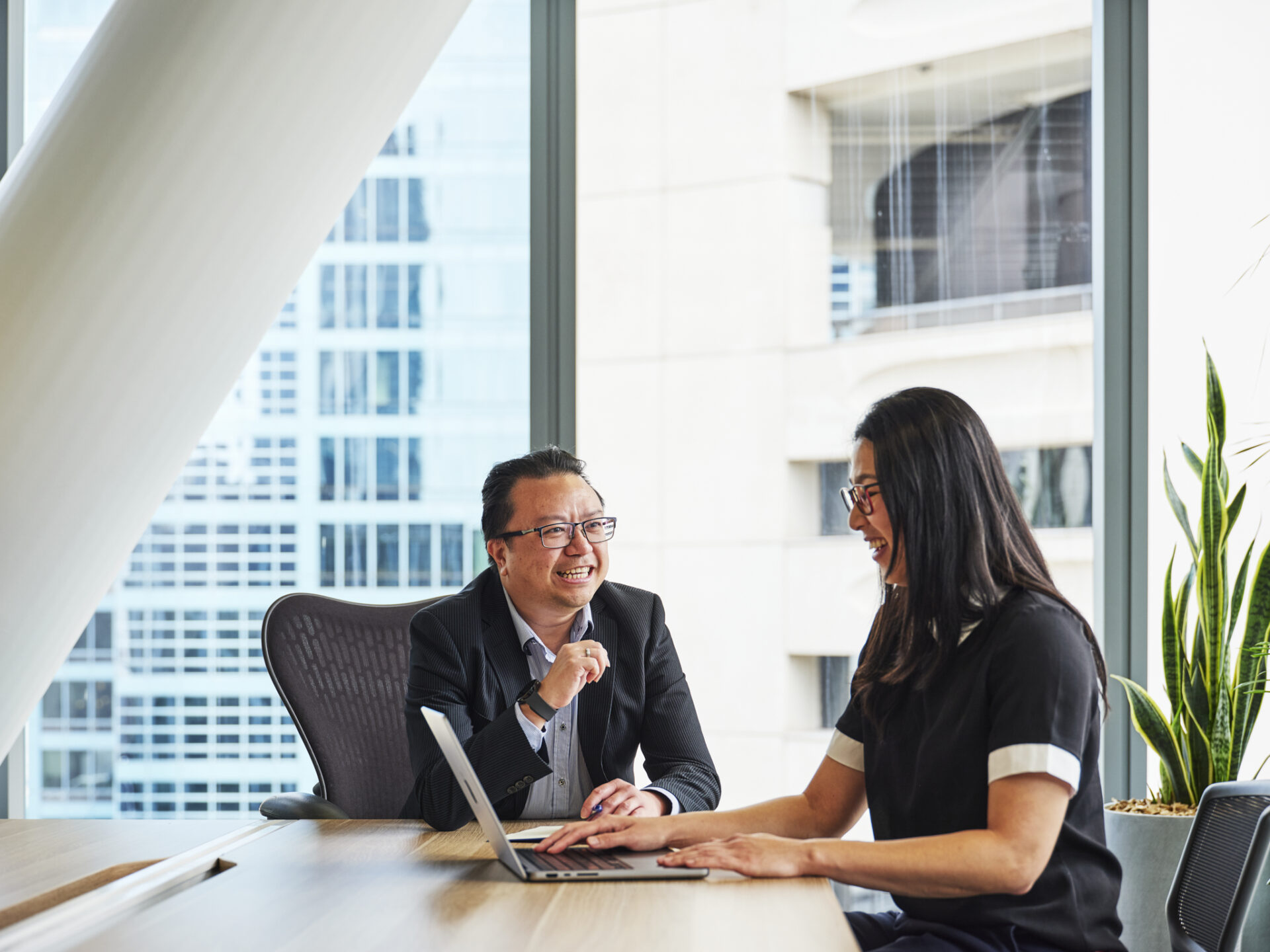The health and economic crisis is creating winners and losers, reflecting changing consumer behaviours and in turn impacting on the speed of the economic recovery.
Magellan Asset Management Chairman and Chief Investment Officer Hamish Douglass said just as the World Wars impacted human behaviour, so too is the current crisis with the cruise liner industry being an obvious example.
The travel industry is another loser with further demand changes expected as retirees may choose not to travel for a long time after the health crisis is over and businesses indeed replacing corporate travel with digital meetings.
The extent and lasting changes to consumer behaviour are uncertain. Douglass asked will people continue to eat at restaurants given concerns over hygiene? Will people renovate their houses in light of other priorities and financial pressures? Further, the way people work may have changed forever with greater demand for productivity software.
Douglass said a range of outcomes will play out over the next two to 12 months with a U-shaped recovery with a deep recession most likely.
Over recent weeks, Magellan has increased its cash holdings in its Global Equities portfolio from 6-15%, with 60% of the portfolio invested across 12 companies chosen for likelihood to be resilient in the economic shutdown and downturn.
Defensive businesses represent the highest allocation in the portfolio, with Eversource and WEC Energy Group two favoured stocks. Microsoft and SAP are two of the technology companies in the portfolio with staple stocks including Alibaba and Nestle.
Other notable portfolio inclusions are quick service restaurants such as Starbucks and MacDonald’s which account for 11% of the portfolio. Meanwhile tech investments such as Alphabet and Facebook also account for 11% and Visa and Mastercard at 7%.
Douglass said while the above companies are impacted by recent events, they have good financial strength and good long term prospects. With respect to this investment approach, he quoted Warren Buffett, ‘To finish first you must first finish’.
He said the best risk management tool is a resilient investment portfolio. “It can’t just react after the event – it’s about having the right risk management in front of these events. Touch wood we have been pretty pleased how portfolio has performed in most extreme event we have had in last 13 years – it is far broader than GFC.”
Given this, Douglass said it is a mistake to think that things will bounce back as they did in 2008 and 2009.
“We have not seen an event like this in any investors living memory so we can’t say it will bounce back because this happened in 2008 and 2009. We think this could be a misjudgement of this situation.”




